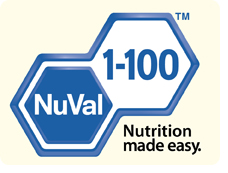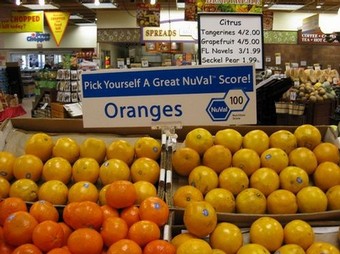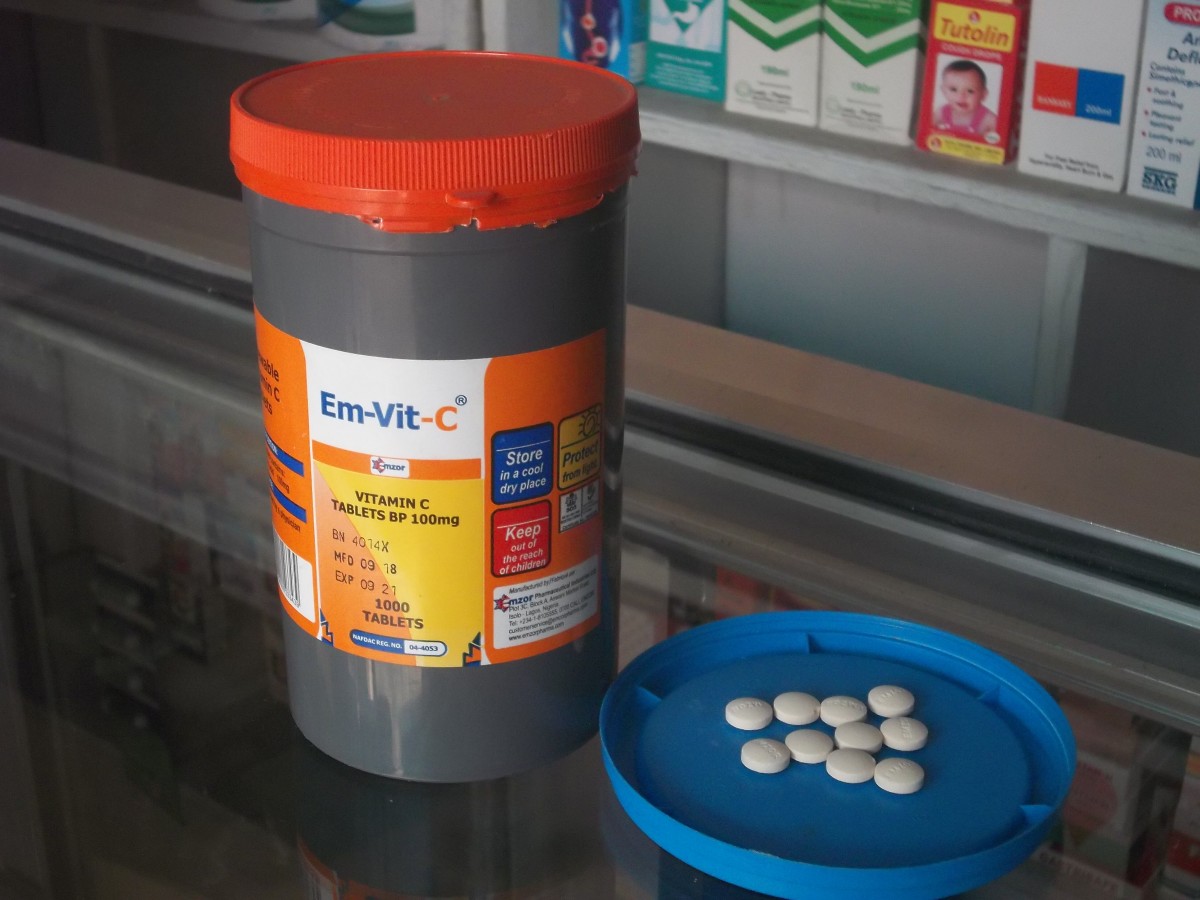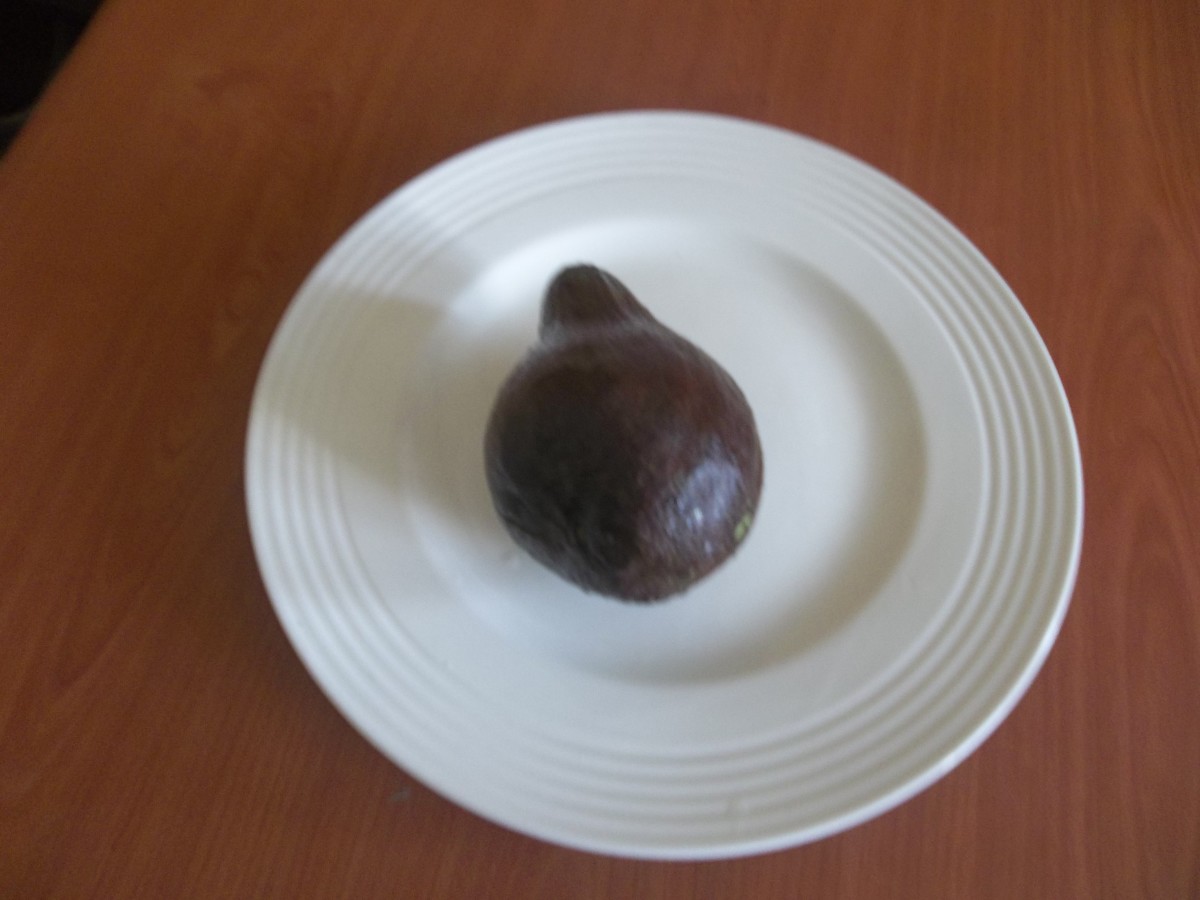How To Use the NuVal Nutritional Scoring System To Help Assure Better Nutrition for You and Your Family

We Live in a Hailstorm of Accurate and Inaccurate Nutrition Information
Several years ago, researchers began looking for ways to simplify consumers' understandings of the complicated and sometimes misleading nutrition and ingredient information found on food labels and food packaging. There is no doubt that food nutrition labels, food ingredients labels, and advertising euphemisms have all come together in a hail of confusion that inhibits the ability to make informed decisions about nutrition.
One scoring system making inroads into getting to the bottom of which foods have the best nutrition is the NuVal™ Nutritional Scoring System. The NuVal scoring system evaluates nutrition components known to be beneficial against those that are considered not so beneficial and then returns a score of from 1 to 100 for a particular food or food product; the higher the number, the better the nutrition.
NuVal is not yet a household word. It's not a name as well-known as Pepsi or McDonald's or Chevrolet, although it could be in the near future. You will find NuVal scoring in a number of supermarkets in the US on the shelves that display product price tags. Product price tags are the labels that show you the price of the product package as it sits on the shelf as well as the price per unit of weight or volume of the package's contents. When supermarkets partner with NuVal, the NuVal labeling is impossible to miss.
What the NuVal Score Tells You
The NuVal Score tells you which foods are more nutritional than others. The definition of nutrition you need to know in order to make NuVal scoring work for you is based on:
...The Institute of Medicine's Dietary Reference Intakes (DRIs – quantitative reference values for recommended intakes of nutrients) and the Dietary Guidelines for Americans (advice from the Department of Health and Human Services and the U.S. Department of Agriculture about how good dietary habits can promote health and reduce risk for major chronic diseases) and...how these nutrients influence health based on broadly accepted, published scientific literature.*
In other words, the US government (in many partnerships with scientific institutions through a long period of time) has defined "nutrition", in layman's terms, as the body of ingested materials that are necessary to support life. Therefore, "good" nutrition implies that that the things we eat sustain life in an optimal way, while "not so good" nutrition implies the opposite.
The NuVal Score tells you that some foods have better nutrition than others, according to this currently understood definition of nutrition. This statement seems a bit convoluted, but giving credit to NuVal, their nutritional scoring system is doing a bang-up job in showing the relative nutritional value of both processed and non-processed foods.
One Major Supermarket's Take on NuVal
What the NuVal Score Doesn't Tell You
The NuVal score does not tell you how to manage your personal dietary needs. If you need a low-sodium diet, then the NuVal scores won’t help you, because sodium is a nutrient, but its presence in any given food is weighed against all other nutrients in that food, giving that food a certain score. Likewise, if you’ve been instructed to reduce the fats in your diet, the NuVal score won’t help you there either. The score does not isolate nutrients for your evaluation…that’s what the food nutrition and ingredients labels do. What this means is that there is no “NuVal diet” for any dietary goal.
Oranges Rate a 100 NuVal Score

How To Use the NuVal Score and How Not To Use It
There is definitely a place in your food planning and dietary management tasks for the NuVal score.
For example, when shopping for breakfast cereal, compare the scores of different oat cereal products. You might find that a favorite oat cereal brand has a much lower score than a new brand you haven’t tried. According to the NuVal score, the overall nutritional value is better in the new brand, and you might want to try it.
On the other hand, it would be a mistake to base your food intake only on choosing foods with high NuVal scores. Consider this: if one were to set dietary goals based on foods that score 90 or above, and there's a particular passion for blueberries and ice cream involved, it might be too easy to justify a diet that excludes other necessary food groups.
There's a delightful blog, written by a NuVal employee, that brings the every-day aspects of making good food choices down to an engaging, identifiable personal level. Visit A Better Bag of Groceries.
There's Debate over NuVal's Worth to the Consumer
Debate surrounds the NuVal Nutritional Scoring System for two main reasons: the algorithm used to determine the NuVal Score is proprietary information and thus not subject to public inspection or verification; and the term "better nutrition" is not synonymous with "healthy diet", thereby possibly misleading consumers who have specific dietary needs into thinking that foods with high NuVal scores must be good for them, despite their specific health needs.
The debate will go on for some time. Meanwhile, the NuVal website contains information that can help you decide whether this system can help you make good nutritional choices for you and your family. Certainly, some of the information in the site is geared toward influencing you to take a step in their direction; however, much more of the information provides an excellent education in learning how to make smart food choices despite the hailstorm and confusion of food product labeling and advertising claims.
Reasons To Visit the NuVal Site
- Find NuVal scores for a number of fresh fruits and vegetables as well as packaged foods.
- Download a comprehensive brochure describing the NuVal scoring system.
- Learn what major food chains are participating in the NuVal program.
- Read about the food nutrients and other factors that are and are not incorporated into the scoring system.
- Suggest a retailer in your area that you’d like to see participate in the NuVal program.
Visit NuVal.
More from Sally about the Foods We Eat
Let Us Know What You Think
Please leave a comment below to share your thoughts.
If you are not a HubPages member, you can sign up here. You can publish your own articles and even earn some money. It’s free to join!
© 2010 Sally's Trove. All rights reserved.








